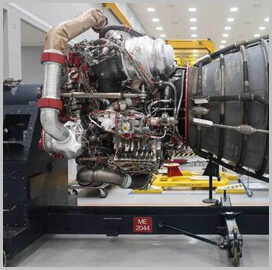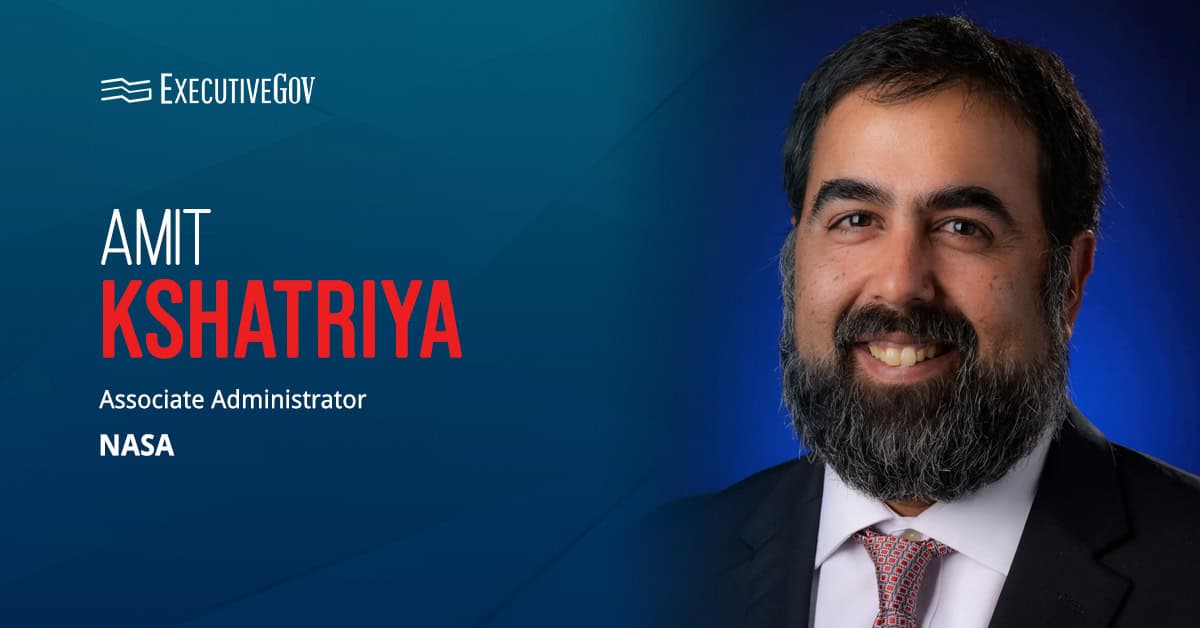Aerojet Rocketdyne has completed manufacturing the modernized version of the super-heavy-lift rocket engines that power NASA’s Space Launch System, also known as SLS.
The L3Harris Technologies subsidiary said Monday it has enhanced four RS-25 engines with modern flight computers, enabling them to endure higher temperatures due to their proximity to the SLS solid rocket motors.
The enhanced Block 1B configuration of the SLS, which features the new engines, will be used for NASA’s Artemis IV mission scheduled for 2028. The new engines will also be used to power the space vehicles for subsequent Artemis missions.
Aerojet noted that the crewed version of the SLS Block 1B is capable of delivering 38 metric tons to cislunar space per mission, while the cargo-only version can deliver 42 metric tons.
Related Articles
The Department of the Air Force has unveiled a new strategy outlining how the DAF will deliver a resilient and adaptive encrypted network that facilitates real-time data sharing in support of warfighters. DAF Network of the Future Strategy’s Objectives The department’s Network of the Future Strategy has six objectives: bolster network resilience; increase operational scalability and flexibility; secure the network of the future; streamline network management; integrate the network environment; and enable the workforce of the future. “This strategy will serve as our North Star as we address rapidly evolving threats and rising demand for seamless connectivity, empowering our warfighters
NASA Acting Administrator Sean Duffy has named Amit Kshatriya the agency’s new associate administrator, the highest-ranking civil service position. The agency said Wednesday Kshatriya will oversee program planning and execution for crewed missions to the Moon through the Artemis campaign in preparation for humanity’s first mission to Mars. Who Is Amit Kshatriya? Kshatriya has dedicated nearly two decades of service to NASA, gaining valuable operational and strategic experience. Before his most recent promotion, he served as deputy associate administrator for the Moon to Mars program in the Exploration Systems Development Mission Directorate. In this role, he oversaw the execution of the initiative’s initial
The National Science Foundation has begun soliciting proposals for an initiative to establish a community-based center that will oversee the development of the overarching framework, management structure and operations strategy to support an integrated national infrastructure for artificial intelligence research and education. National AI Research Resource Operations Center NSF said Wednesday the proposed National Artificial Intelligence Research Resource Operations Center, or NAIRR-OC, seeks to transition the NAIRR Pilot into a sustainable national program that will accelerate AI research capabilities. “The NAIRR Operating Center solicitation marks a key step in the transition from the NAIRR Pilot to building a sustainable and





